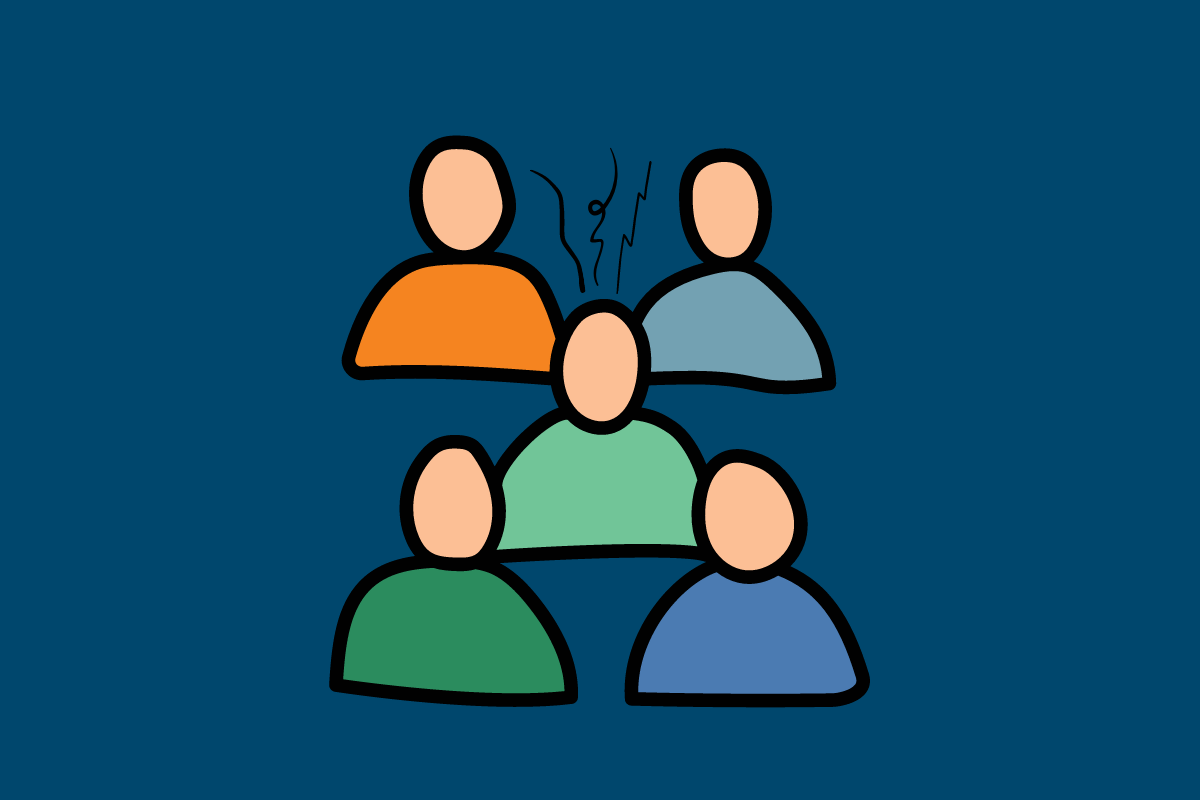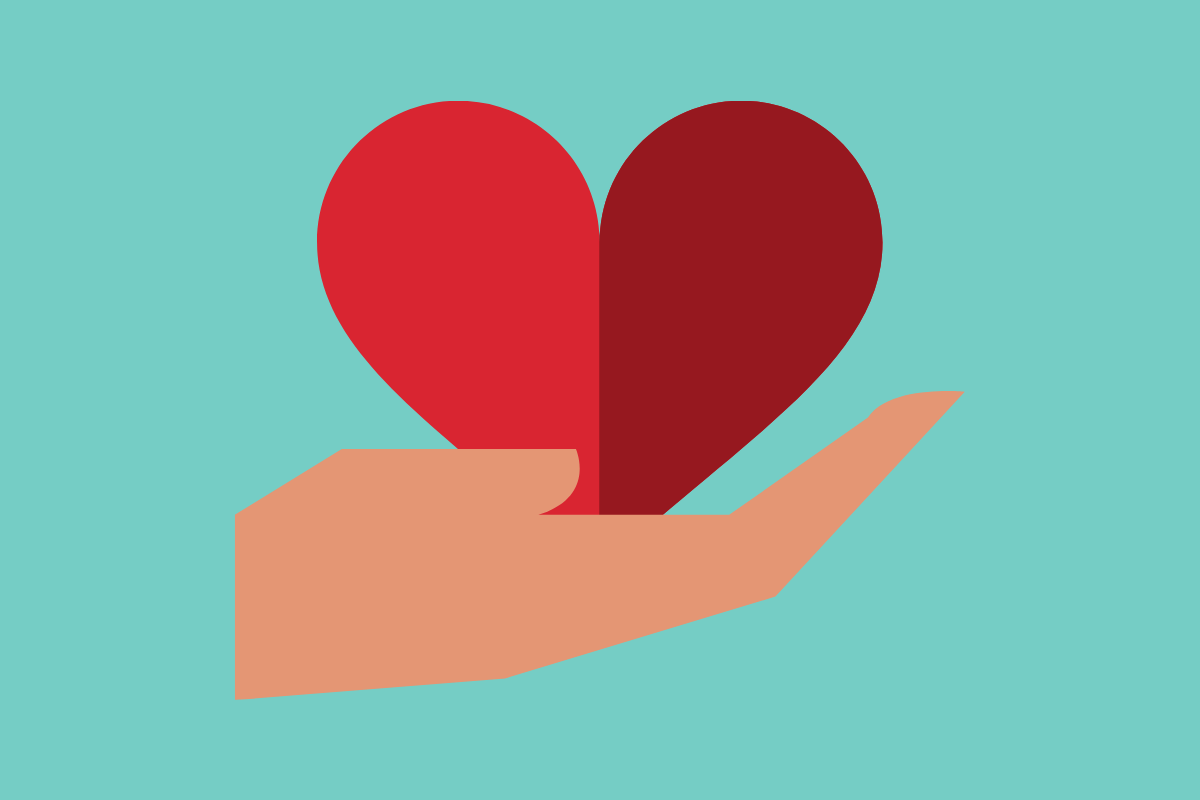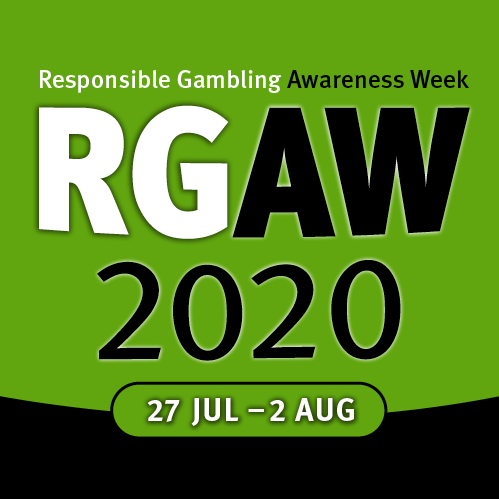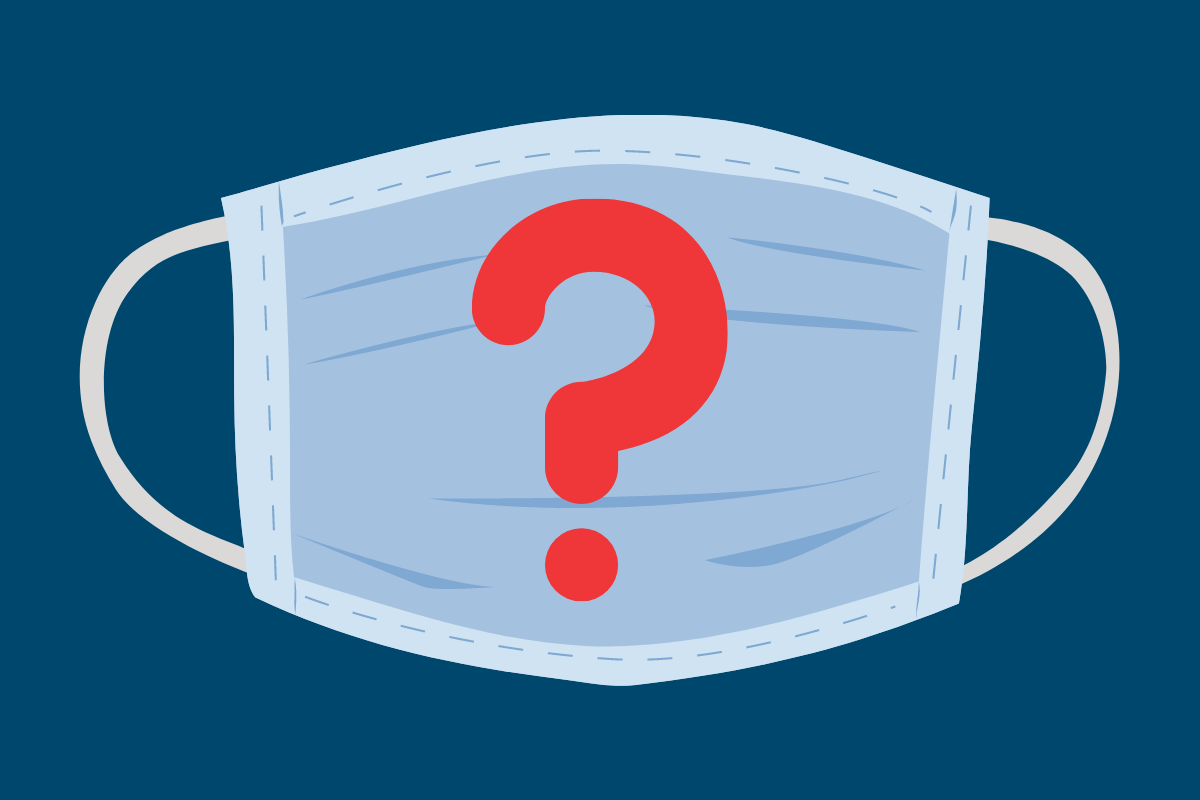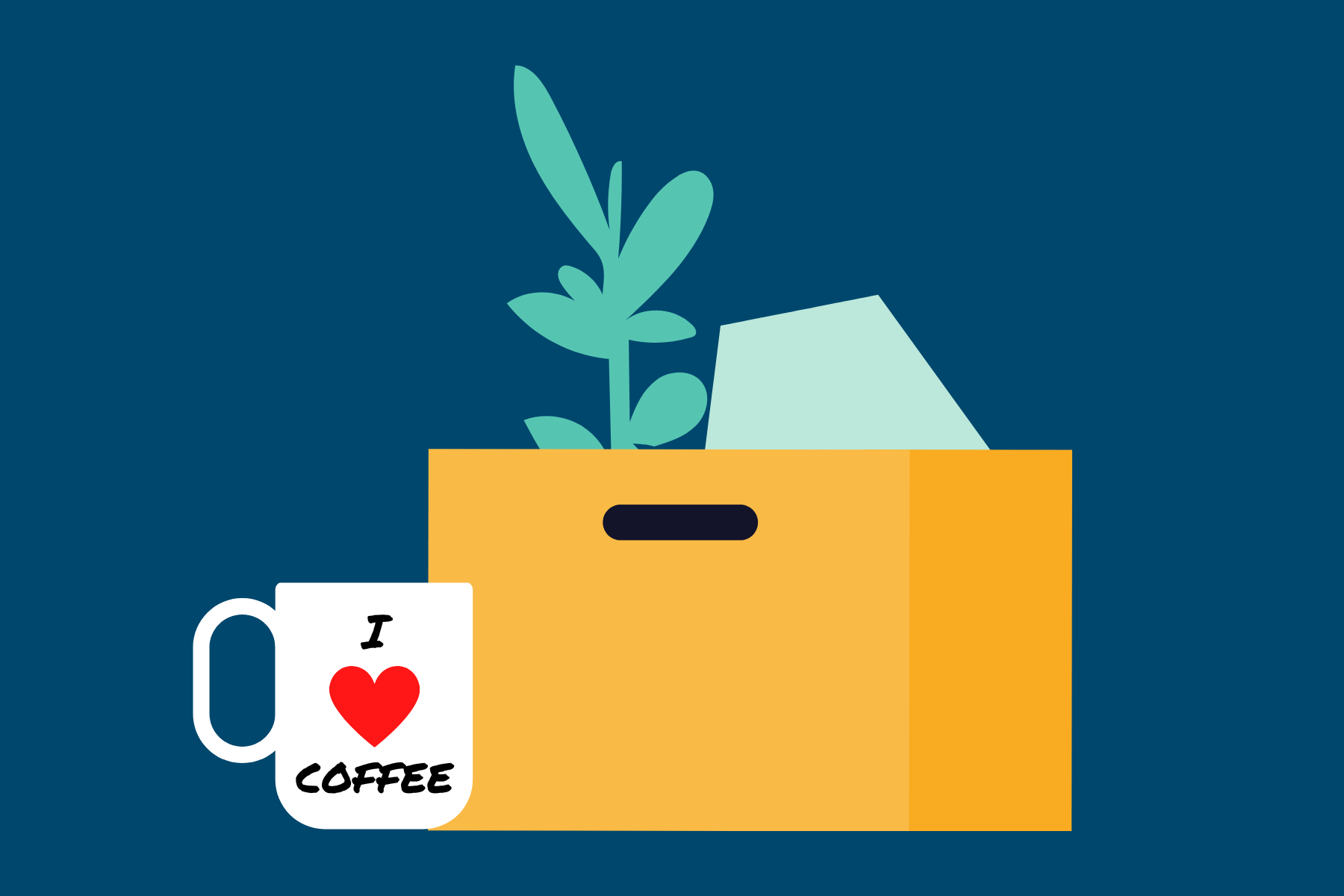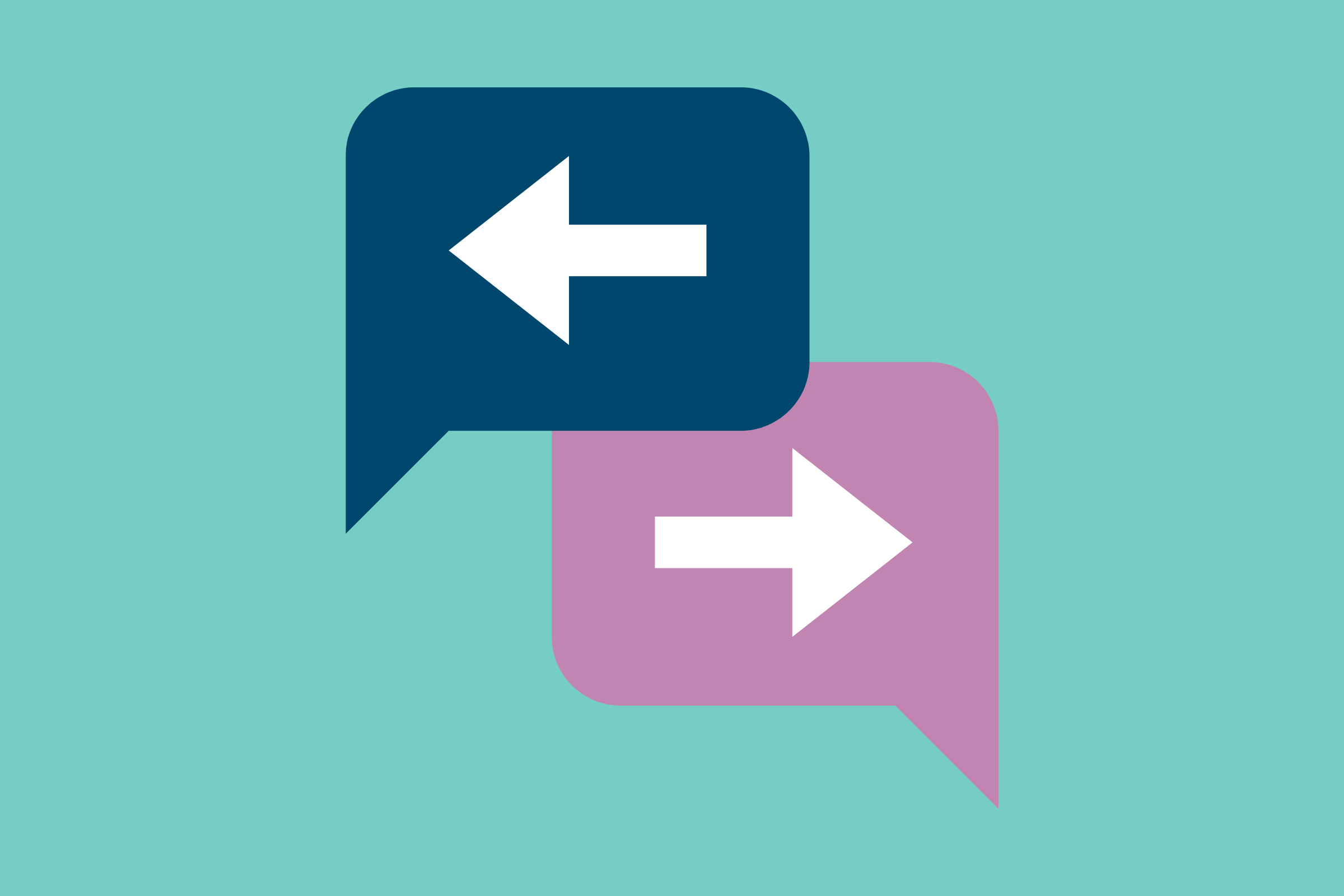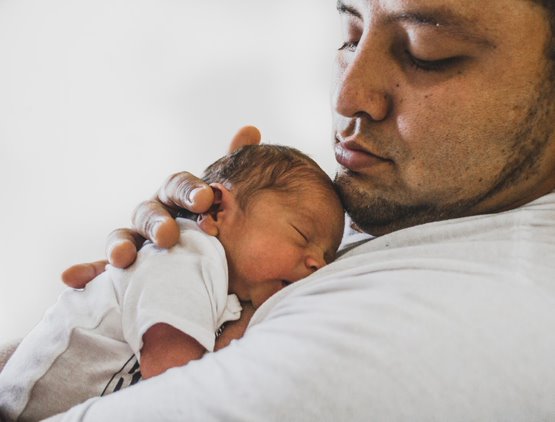Self-isolation had many of us feeling anxious. The walls seemed to close in a little more each day as memories of an active social life became more distant. But when some of Queensland’s venues reopened, not everyone jumped at the chance to get out and about.
After months of social distancing, it’s not unusual to feel anxious at the thought of kick-starting your social life.
Social anxiety or social phobia is a common issue in Australia, with around 10% of Aussies experiencing the condition at some point in their lives.
Whether you have social anxiety or you’re simply nervous about facing public places and crowds again, you’re not alone. We share some tips to help you prepare for life and its social interactions post-lockdown.
Ease into Your Social Life
Who says you have to head to your favourite spots straight away? Start small and socialise slowly to ease back into interacting with people outside your household.
Catch up with just one or two friends at a time. Dodge the crowds by avoiding popular venues. Schedule in social interactions with a few days – or weeks – in between.
Getting back to ‘normal’ is going to take some adjusting, so be kind with yourself and take all the time you need to build back your social confidence.
Challenge Negative Thoughts
A negative inner monologue can talk you out of enjoying yourself. If you have a tendency to lean toward the negative ‘what if’s and catastrophise situations, try to stop those thoughts in their tracks.
Challenge negative self-talk by asking yourself what evidence you have for thinking/feeling that way. For example, you might be thinking “What if I don’t know what to say?” or worrying you’ll be judged in some way. Ask yourself what evidence you have to believe that, and try to remember all the times you got through conversations just fine.
Do Relaxation Exercises Beforehand
For many people with social anxiety, the anticipation of an event or social interaction is worse than the reality.
If you’re feeling especially anxious before a social commitment, take a few minutes to calm your nervous system with some relaxation techniques. Deep-breathing exercises and guided meditation have been known to help in times of stress, but even something as simple as enjoying a cup of tea while listening to your favourite song may help you centre yourself before an anxiety-provoking situation.
Take a Cheat Sheet
Social anxiety can push your brain into fight-or-flight mode, which can lead to mind blanks and memory disruption.
Writing notes on your phone can be a great way to remember important things or conversation starters if you’re prone to blanking when put on the spot. When you start to feel nervous, just refer to the ‘cheat sheet’ in your pocket.
Your notes might include what your friend’s job is, their partner’s name, an interesting anecdote you heard, a great new Netflix series you’ve been binge-watching, or a news story you’d like to get their opinion on.
Remember Everyone is Self-Conscious
If you’re feeling a bit rusty in social situations, chances are your friends and colleagues are, too. It’s to be expected after months of social distancing.
Just remember that everyone gets self-conscious, and even the most confident people are probably also trying to find their footing and adapt in these uncertain times.
If you need some help coping, our counsellors can provide support over the phone, over Zoom, or in person. You can learn more about our counselling services and how to book an appointment here.
For more practical advice, you might find our tips to handle uncertainty during COVID-19 helpful.
